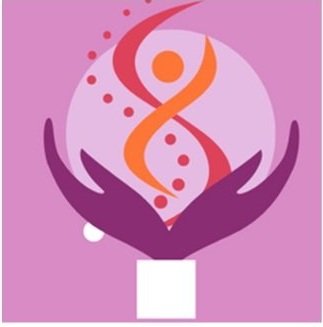Clearing Your Plate
HPW Ideas Worth Sharing:
Academics typically have numerous demands for their time, which can result in bloated to-do lists and competing priorities that lead to stress and feelings of being overwhelmed. Because academics are also expected to self-manage their time, they need to learn and implement strategies to manage their workload in order to protect their mental health and prevent burnout. Clearing Your Plate involves periodically evaluating projects and tasks to remove work that is unnecessary or low impact. The following are some examples of strategies to consider using to clear your plate. 1) Critically evaluate the potential impact/success of each of your projects. This can help with decisions to end a project before investing too many resources such as time, energy, and valuable grant money. 2) When a to-do list becomes unmanageable, tasks that are consistently at the bottom of the list can be removed. Keeping never-completed tasks on an unrealistically long to-do list can contribute to feelings of not doing enough and, because these tasks are never done, do not contribute to your actual productivity. 3) For those who are attached to particular project ideas or are uncomfortable cutting tasks from to-do lists, consider implementing "cold storage", a list of ideas and tasks that are kept separate from your main to-do list. This ensures that ideas and tasks are no longer routinely seen as incomplete but are not forgotten and can be considered at a future time. 4) If you find a workload that is comfortable for you or to prevent feeling even more overworked, considering Clearing Your Plate as part of a "one thing in, one thing out" strategy, which simply means not adding more work before completing or removing existing work.

